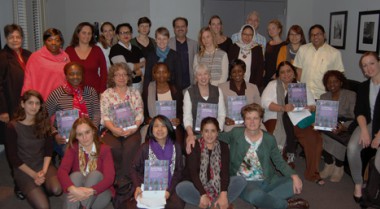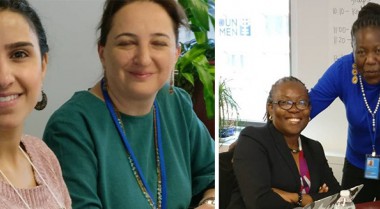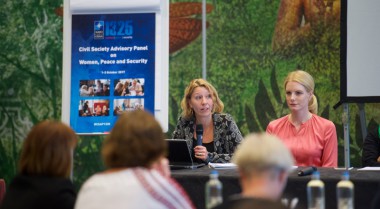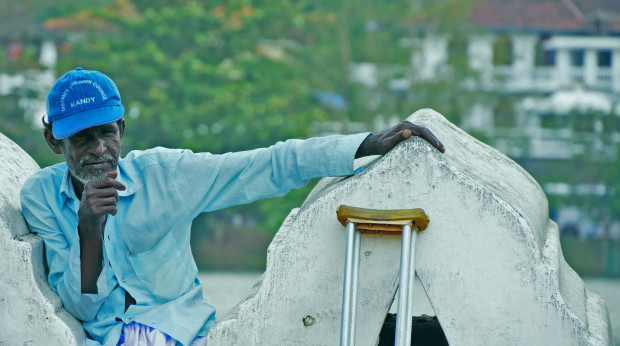
Gender Expert Meeting: "We are not there yet: Women’s participation in conflict prevention"
On April 18, the Knowledge Platform Security and Rule of Law (KPSRL) and GPPAC hosted a gender expert meeting in The Hague. Titled, "We are not there yet: women's participation in conflict prevention", the event featured four gender experts from around the globe, namely: Dr. Thania Paffenholz, the Director of Inclusive Peace and Transition Initiative at the Graduate Institute, Geneva, and co-author of the "Making Women Count – Not Just Counting Women" report; Kesia-Onam Bijoue Birch, a GPPAC gender expert and the Regional Program Officer of the Women in Peacebuilding (WIPNET) at WANEP; and Visaka Dharmadasa, the founder and Chair of the Association of War Affected Women and Parents of Servicemen Missing in Action. In addition, the event was moderated by Christina Moreno, the founder and CEO of She Matters, a social enterprise with a mission to empower refugee and migrant women.
Gender equality is, without a doubt, a goal in and of itself. However, when paired with conflict prevention and peacebuilding its importance is heightened once more.
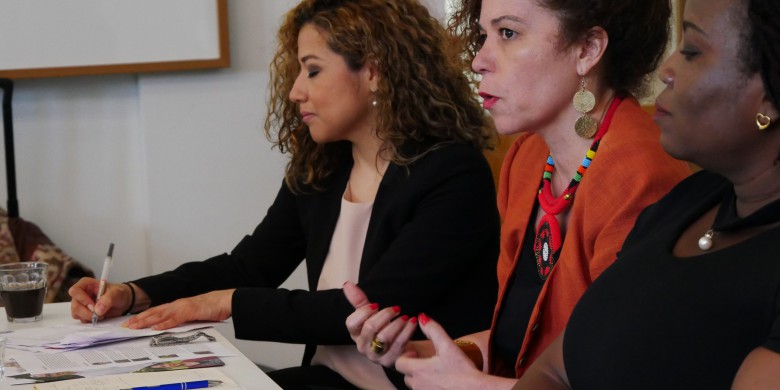
"When digging deeper into cases, statistics show that the greater the inclusion of women in peacebuilding initiatives, the more peace resolutions are concluded."
- Dr. Thania Paffenholz
The purpose of the event was to come up with three concrete recommendations to enable greater participation of women in peacebuilding and conflict.
To derive at these recommendations, the event asked gender experts to (1) share their insight and expertise on the current status of women's participation within the field as well as (2) discuss the ways in women's participation and contribution to peacebuilding and conflict prevention can be made more effective in the future.
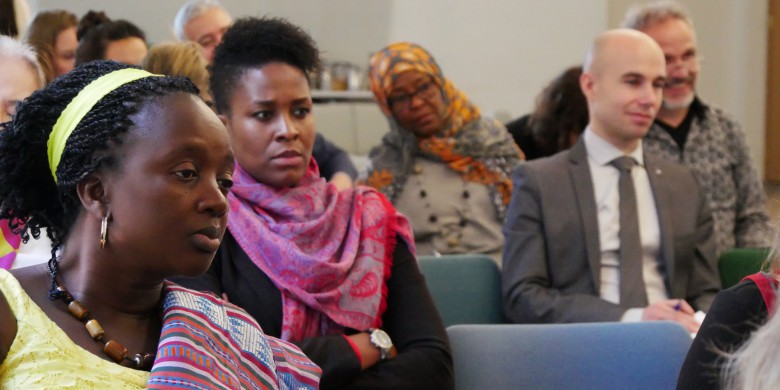
Throughout the discussions, the speakers provided examples of the kidnapping of children by the terrorist organisation Boko Haram, and specifically the lack of support given to the mothers and women involved; the conflict in Sri Lanka and the liberation tigers of Tamil Eelam; and the heinous sexual crimes frequently encountered by, and on, women in peacekeeping.
At the closing of the event, the three most pressing recommendations were as follows:
- First answer: "What do we want to achieve?"; second design: a coherent and coordinated strategy
- Identify the funding gaps and ensure that separate funds are attributed for programs supporting women's inclusion in conflict prevention
- Strengthening the dialogue between international organizations, NGO's, and CSO's and remember: We are all on the same side.
